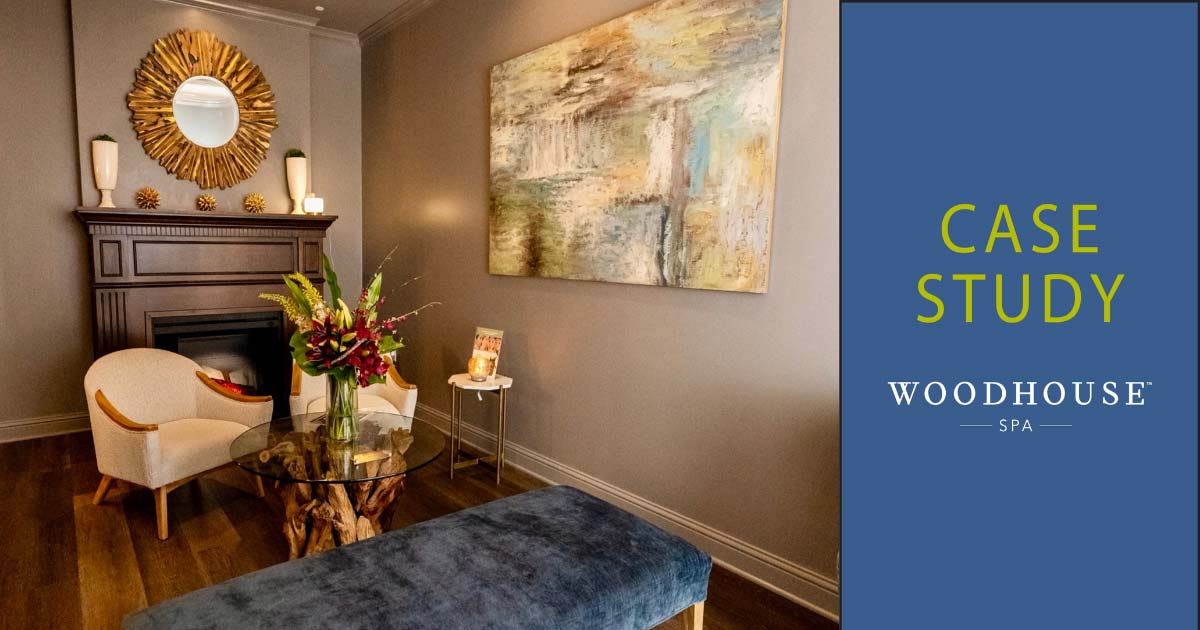 Utilizing a site such as Yelp to put your business at the forefront of your industry provides your customers with a digital forum to provide valuable feedback. Sooner or later, however, all businesses discover that the feedback might not be all positive—and on a site like Yelp, regardless of the legitimacy of the complaint, it’s there for everyone to read.
Utilizing a site such as Yelp to put your business at the forefront of your industry provides your customers with a digital forum to provide valuable feedback. Sooner or later, however, all businesses discover that the feedback might not be all positive—and on a site like Yelp, regardless of the legitimacy of the complaint, it’s there for everyone to read.
No doubt you will want to respond to the negative feedback and deal with any issues that have arisen. You want to show your customers that your company is responsive. You want to show that your company is run by humans and is not some computerized entity run by robots. You want to connect with your customers on a personal level.
Before you respond, however, you will need to take a step back and remember a few things. After all, knee-jerk reactions are never good for business. Just stop, count to ten, and gather your thoughts before you move to respond to any negative feedback on Yelp.
Here is a checklist to follow with regard to online reviews:
Establish an internal policy.
Set clear expectations for your company when it comes to responding to feedback. Communicate definite roles and responsibilities to your team members—for example, make it someone’s job description to respond to online reviews. And remember, timeliness matters here, especially when responding to criticism. Establish a timeframe to respond to feedback—then don’t forget to follow up, reinforce, and make this a part of your daily routine.
Respond personally and move conversations offline.
Be extra careful at this critical stage, because your initial response will set the tone for the relationship, if there is one to be had in the future, between the customer and your company. Be brief and communicate to the customer clearly in your initial response—acknowledge they are unhappy and apologize if the situation calls for it. Still, don’t blatantly admit any fault or negligence. Request the customer’s contact information and offer to discuss offline—be careful about discussing it in a forum where everyone can see, because the customer might have more (and sharper) criticism to share.
Check your emotions at the keyboard.
This one goes hand in hand with the last bullet point. Whatever you do in your conversation, don’t get defensive and don’t argue or escalate the situation. Remember, your goal is to get the conversation offline—don’t discuss the merits (or lack thereof) of the review online. If you don’t check your emotions before you respond, things could turn ugly for your business in a hurry.
Beware of predators.
It happens. Even though the majority of Yelp reviewers are honest customers who just want to tell you what they thought of your product or service, there are some unscrupulous people out there who will post a negative review of your company with the intent of getting a freebie. Be on the lookout for these predators, and once you identify a complaining customer as such, simply follow the steps above. If they’re after a freebie, chances are they’ve done that sort of thing before and they don’t give up easily, so just stay calm, take it offline, and don’t argue or get defensive, no matter how aggressive or belligerent the customer gets.
Don’t solicit reviews.
It will be tempting to ask your customers for reviews. This is akin to tampering with nature, which never produces favorable results. When you get the urge to solicit reviews from your customers, remember this two-word phrase: just don’t. Also, don’t create fake profiles to write reviews for your company. Yelp has a way of uncovering deception (new profiles tend to get very low search results, which can tip them off), so if you’re tempted to write positive reviews using a phony user profile, don’t forget that two-word phrase.
Share positive reviews.
Take full advantage of your social media here. When you do receive a positive review on Yelp, your business just struck gold. Share the daylights out of that review on Facebook, Twitter, LinkedIn, Instagram, or whatever other social media channel you’re on. It’s a good way to let all your followers know that one of your customers had a positive experience, but it’s also a nice way to acknowledge your reviewer.
Following these steps could turn a customer’s negative experience into a positive one, which would result in a big win for your business. Since customers will judge your business based on how you respond to negative reviews, how you respond to negative reviews on Yelp could ultimately mean the difference between whether your business reaches the heights of rock stardom or fades away into obscurity.
Want to learn more about responding to online review? Contact Lori Barber at lorib@lux214.com or 214.906-6633.






